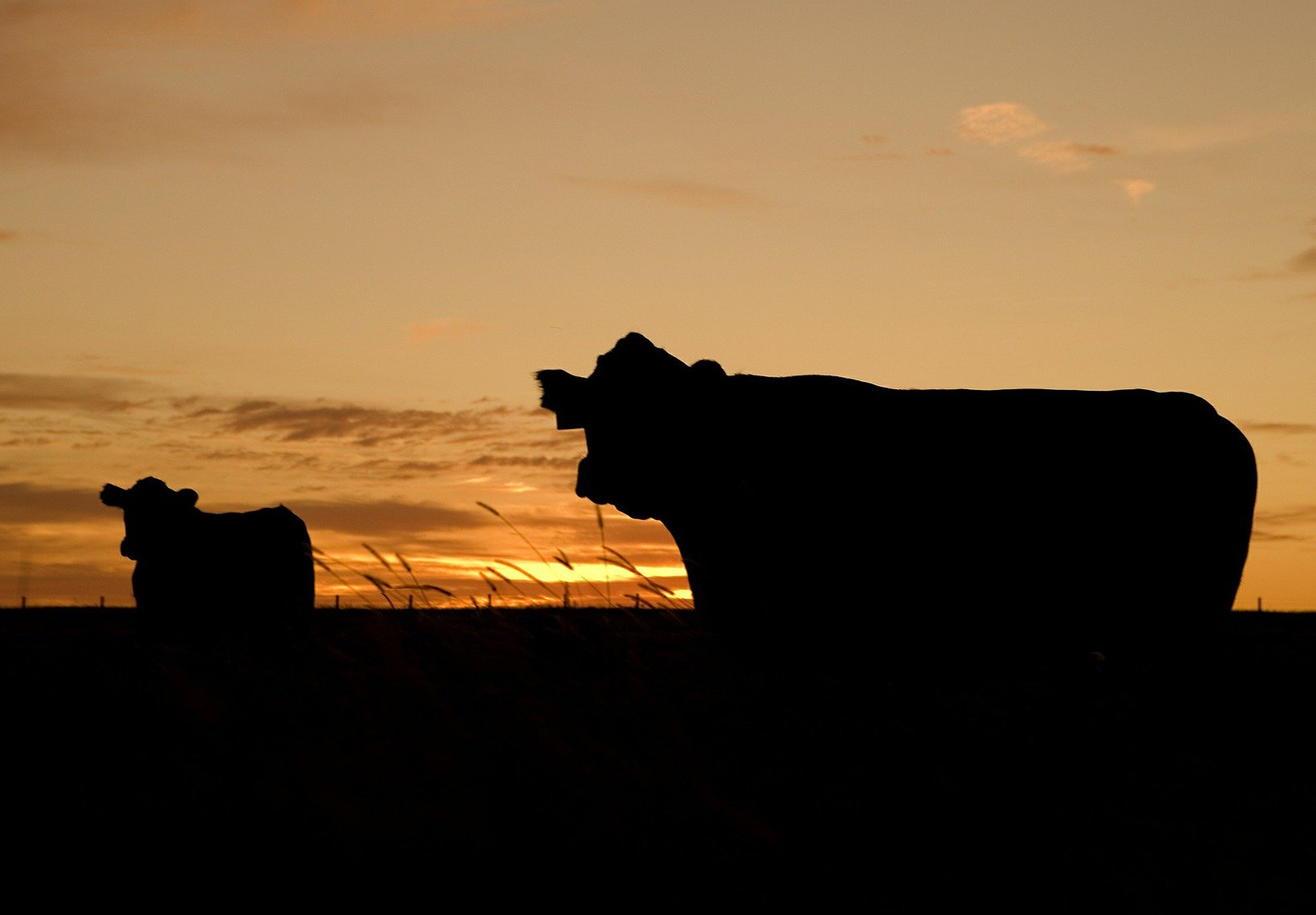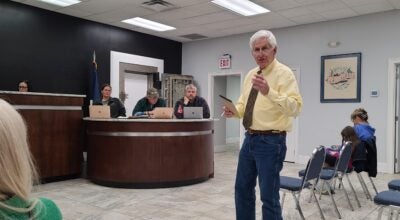Dead animal composting issue continues with heated discussion
Published 9:15 am Wednesday, April 15, 2020
The issue of dead livestock composting keeps haunting Boyle County Fiscal Court.
After a lengthy discussion and several disagreements between magistrates, the county judge-executive and the solid waste director about whether a county-run composting facility needs to be approved or regulated by state or federal governments before locating on county-owned property, the fiscal court voted to take the matter up again at its next meeting in two weeks. The court met via internet for its regular monthly meeting Tuesday.
Director of Solid Waste Angie Muncy told the magistrates she wanted their approval to register with the state, Perryville and Alum Springs convenience centers as possible sites for animal composting. Both sites have been visited by representatives from the state Division of Water, Division of Waste and the Kentucky Department of Agriculture, Muncy said. “Technically, there is no right and there is no wrong with a site. Basically the site is a decision that we make.”
Just by submitting registration for the two sites, “Nothing says this is the site that we’re definitely going to use at this point.” However, after spending two months gathering the information, Muncy said. “We just need to move on, one way or the other.”
Magistrate Tom Ellis said he had received, “very significant feedback from someone who visited the Perryville site who says it cannot be approved, because of so many deficiencies that are actually mentioned,” in a paper written by Dr. Steven Higgins that fiscal court has been using to learn how to properly compost carcasses.
Ellis said the court needs to have a water quality plan in place before a composting site could be approved. Muncy answered she was going to get a water quality plan in place, if the court wanted to pursue constructing a composting site. “I’ve already spent two months on this, and if we’re not moving forward, then I’m not going to sit and try to appease everyone trying to do a water quality plan.”
Ellis answered in a raised voice, “It’s not an appeasement. It is meeting the state regulations and guidelines.”
Muncy said, “There is nothing, no regulations. … We have been visited by every party in the state involved.”
“But not for an approval,” Ellis said.
“The Division of Water will tell you, there is no such thing as an approval for sites,” Muncy said. She added that as long as the county was following “best management practices” for a composting site, they could put the site wherever they wanted.
Ellis argued that representatives from the state department of agriculture have visited the two sites, but “being here and being certified are two entirely different things.”
Judge-Executive Howard Hunt said, “There is no certification.”
“Yes sir there is,” Ellis replied.
Magistrate Ronnie Short said he wanted the issue of where to locate the composting site to be settled. “We’re going to have to get together and work on this.” He added that the negativity was not helpful.
“This is not negativity.” Ellis said. “This is protection of our environment …”
Muncy answered, “As director of solid waste, I would never, ever put this county in danger of polluting our streams, never! If I thought this was a bad idea, I would have already jumped up and down on it.”
“Emotion is driving the train right now,” Magistrate John Caywood said.
Magistrate Jamey Gay suggested that for the next two weeks, “hopefully, education will continue to occur,” about how a properly run dead livestock composting facility actually works.
Ellis then took a different approach to the subject of animal composting when he introduced the subject of knowing someone who was interested in starting a composting facility on their private farm. “I believe, long term, will save the county money,” Ellis said.
Hunt said projections show that it will cost the county about $70,000 annually to dispose of about 1,900 dead animals in its own composting facility.
Hunt told Ellis, “If that is the same gentleman … in your district that proposed $60 a head, that’s $220,000, and composting can do it for $70,000 or under. Just do the math.”
Later in the meeting, Ellis said, “Folks in my area have actually said that if it (dead animal composting) comes back to Perryville, it will be litigated. There will be a lawsuit against it…”
Additionally, Ellis said he still wanted to see a water quality plan “as the statute and the regulation requires.”
He added that between now and the next fiscal court meeting, “I will be seeking out the approval/permitting process that I am confident will be required on Boyle County, in order to move forward with any location, public or private.”
Hunt said, “I personally am looking forward to seeing that in writing, that document, of the approval process from the state or federal government. I’m looking forward to seeing who signs that letter.”







